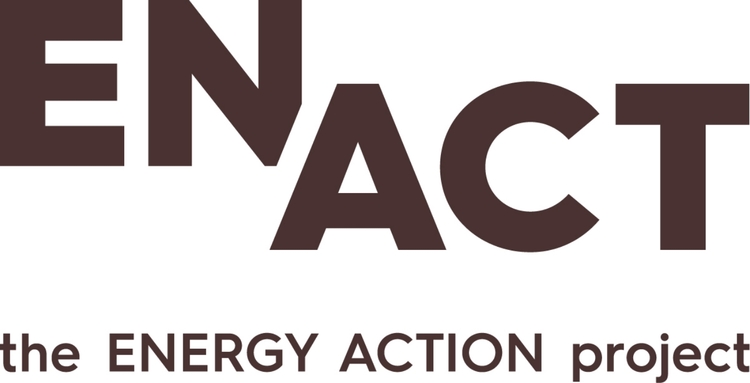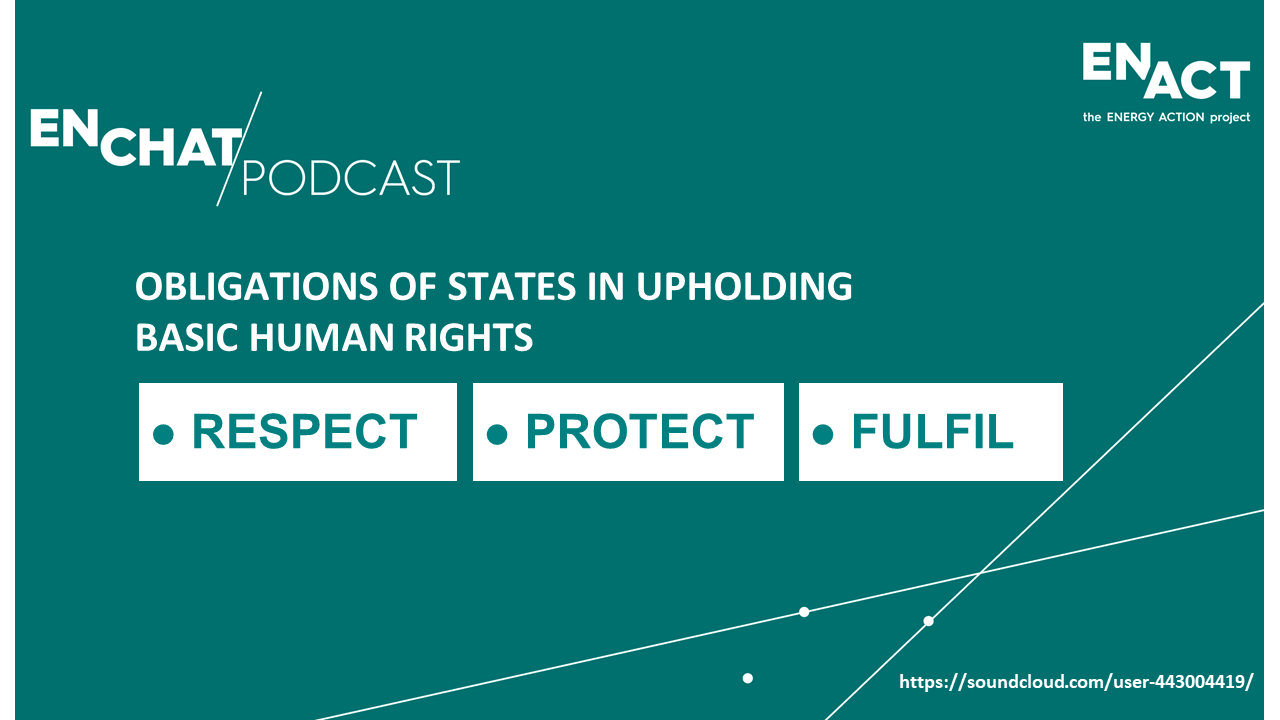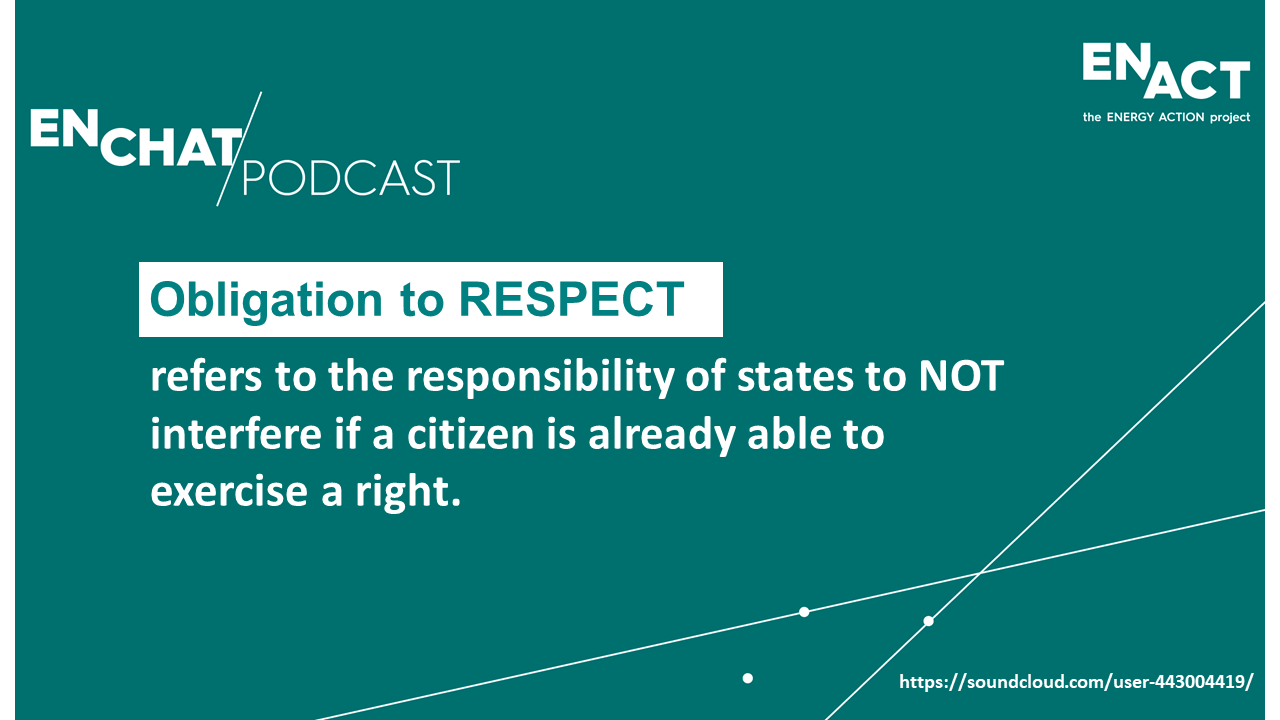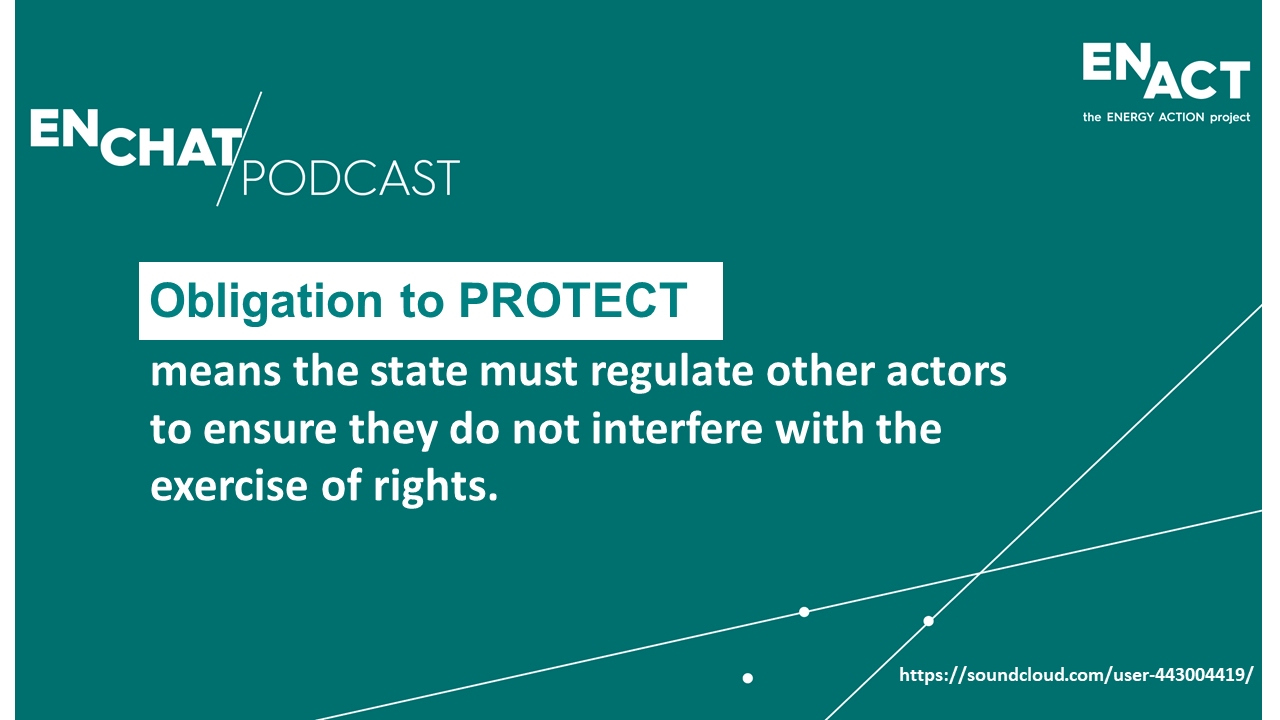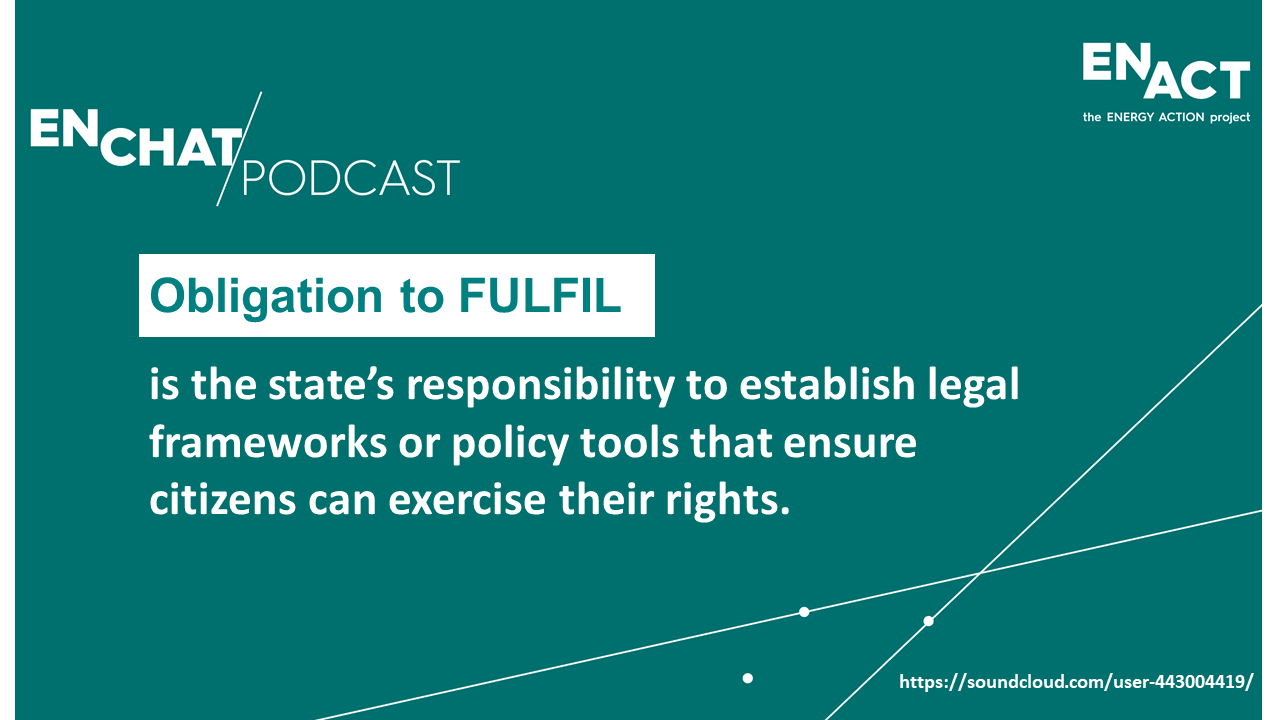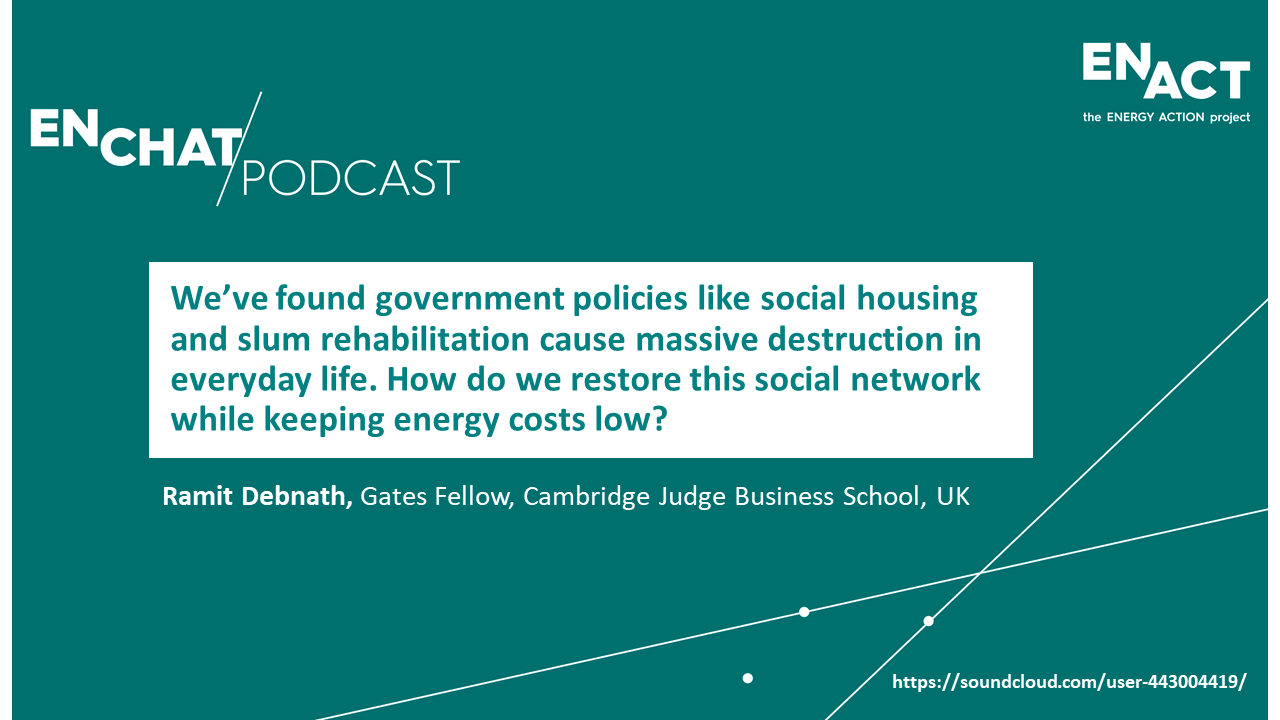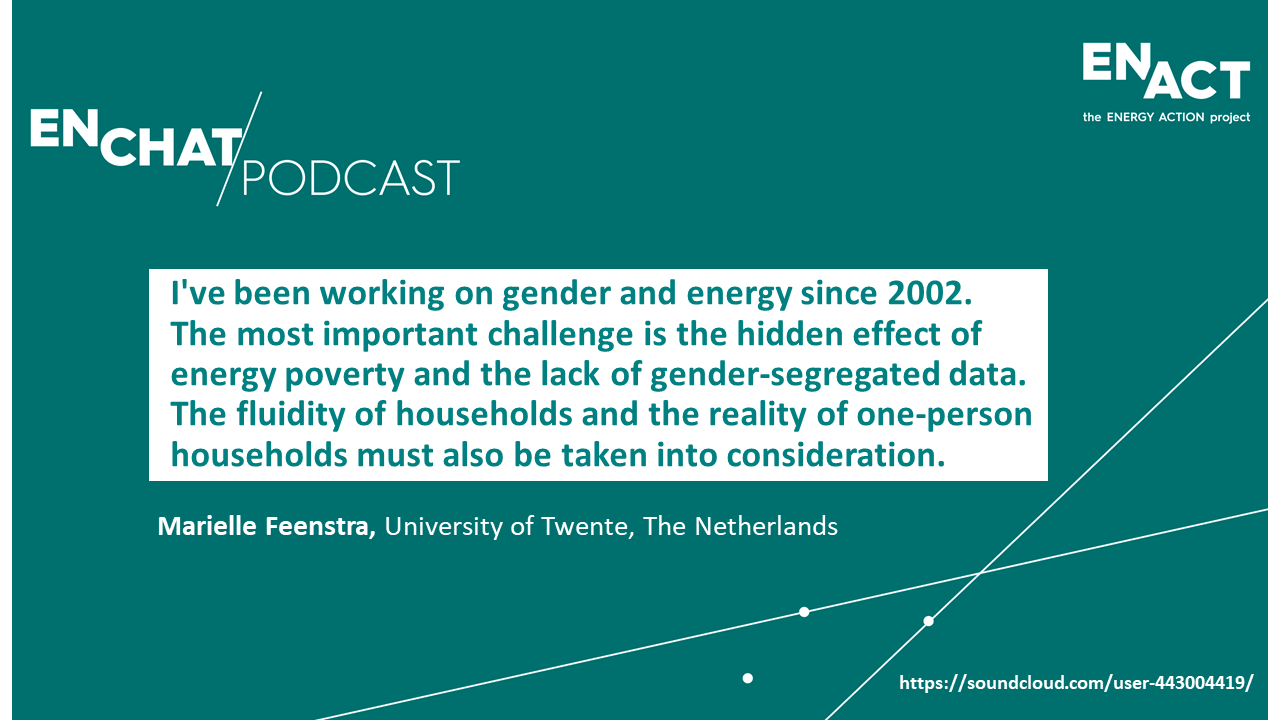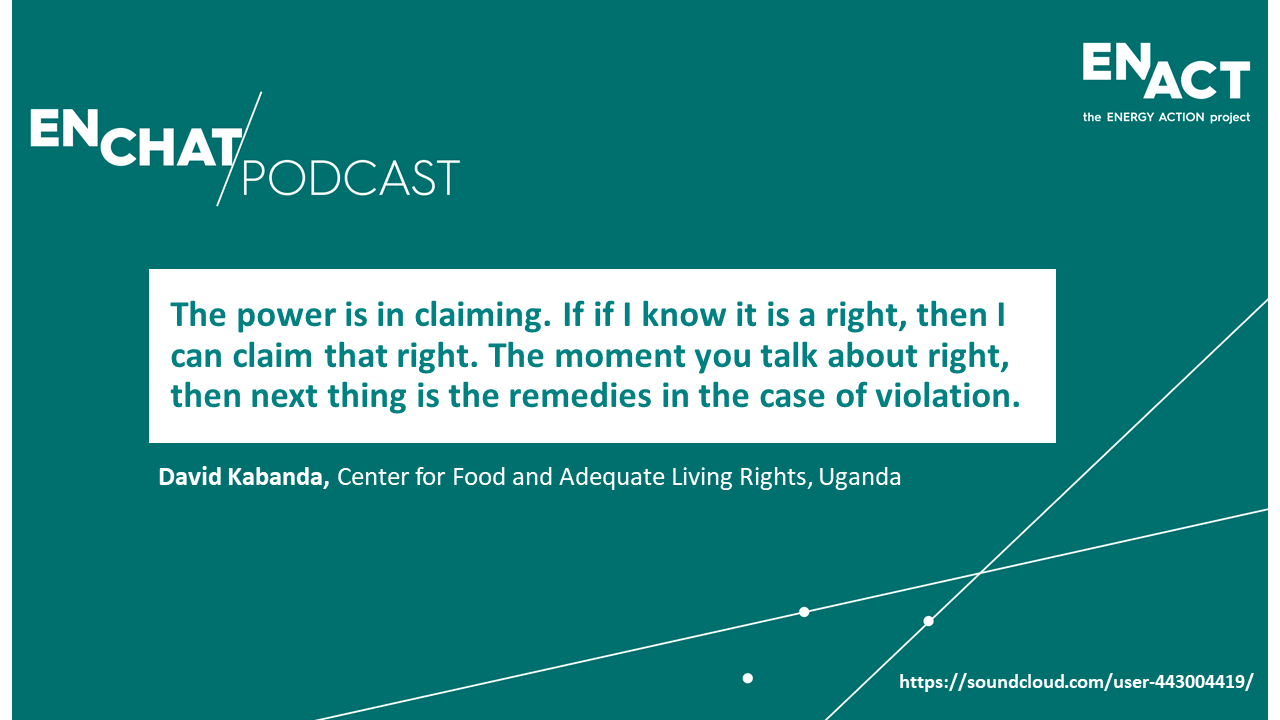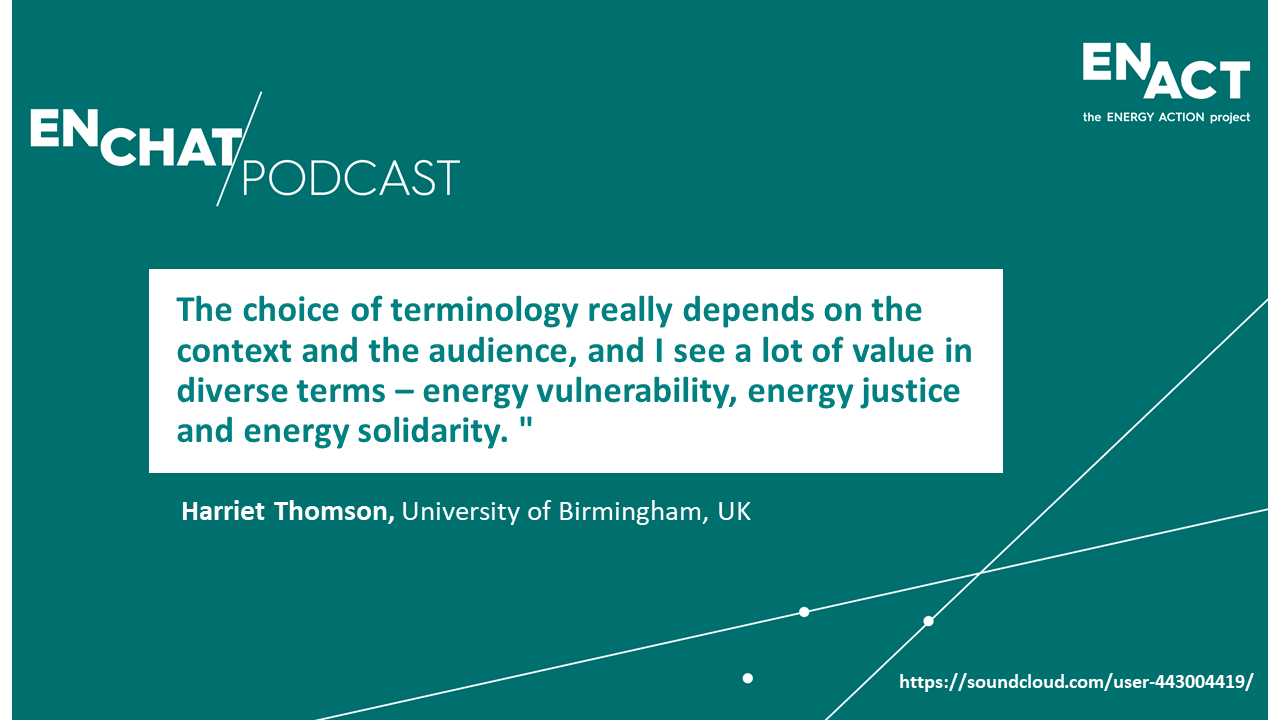Energy as a basic human right
What does it really mean when we say something is a ‘basic human right’? More importantly, what does it mean for the links between the rights of citizens and the responsibilities of governments?
In a podcast featuring Marlies Hesselman, Lecturer at the University of Groningen, we probe some key aspects of human rights law in relation to energy access – and take a bit of a ‘world tour’ to find out which governments are implementing effective policy…or not yet hitting the mark.
In principle, once a state signs up to a human rights treaty at the international level, it has an overarching obligation – under international law – to implement the right in practice.
“From a human rights perspective and a legal perspective, it is quite common to speak about three obligations of states,” says Hesselman. “This includes the obligations to respect, protect and fulfil such human rights.”
In relation to access to energy, the obligation to respect would mean that government action must not undermine existing access to energy. The role of the state in the obligation to protect might include regulating utility companies to ensure they do not hamper access to energy. To uphold the obligation to fulfil the state might establish policy that ensure all citizens have access to a minimum amount of energy, at an affordable cost.
Not surprisingly, the obligation to fulfil is the most difficult. Typically, it implies a positive duty by which the state helps people to exercise their rights. Hesselman highlights cases from Colombia, Bulgaria and Greece that show how action taken by – or on behalf of – individuals, communities and entire countries are leading to a growing body of precedents in which courts have recognised the right to energy. In some instances, the courts have found big players – such as utility companies and governments – at fault for not protecting or fulling such rights.
Having found 20 such cases (to date), Hesselman notes something readers might find surprising. Several countries that we typically think of as ‘energy poor’ – in Latin America, along with India, Pakistan, the Philippines and South Africa – have progressive legal systems and courts in relation to socio-economic injustice or deprivation.
Many people working in international human rights law advocate for meeting the so-called ‘Triple A-Q’ [or [AAAQ(S)] standard across all rights, for all people and in all countries.[1] Whether for water, health care, education, etc., this measure assesses the right on five measures:
AVAILABLE to all, in sufficient quantity.
ACCESSIBLE to all, implying four sub-components: geographically accessible, economically accessible, without discrimination, and having access to information.
ACCEPTABLE to all, meaning it supports a wide range of general needs (e.g. cultural, climatic, etc.) while also recognising more specific physical needs (e.g. for pregnant women).
Of sufficient QUALITY to all, meaning sufficiently reliable, safe, scientifically sound, etc.
SUSTAINABLE to all, increasingly this aspect is embedded.
This approach makes it possible – even for an international body such as the UN – to apply the principles to ‘different problems of the same species’, says Hesselman, or to measure progress along the path to the same outcome. In effect, the principle of universal access and/or a right to essential household energy services to meet basic needs can apply to a woman in rural Congo -- who has no access to electricity or cleaner cooking options – and to a low-income woman in Belgium who struggles with the ‘heat or eat’ dilemma or faces a risk of disconnection.
In fact, Hesselman finds that Sustainable Development Goal No. 7 (SDG7) – articulating that all humans somehow need 'universal access to modern, affordable, reliable energy services’ – effectively encapsulates the current reality. It acknowledges the universal need while recognising that the level of realization of rights is still (unfortunately) very different.
This podcast is the first in a series of four arising from a conference entitled ‘Co-creating the Right to Energy in Theory and Practice’, organized by the ENGAGER network, at which more than 50 participants shared ideas about meaning and purposes, as well as rights, duties and responsibilities linked to this end goal.
Below are short quotes from other voices included in this podcast.
To access the second podcast in the series, in which Dr. Chian-Woei Shyu sets out dimensions of a policy framework to support the right to energy, click here.
To access the third podcast, in which David Kabanda explains how he is building the legal case for a right to energy in Uganda, click here.
ENGAGER stands for European Energy Poverty: Agenda Co-Creation and Knowledge Innovation, reflecting the network’s aim to bring about transformational change in the investigation and amelioration of household-level energy poverty in Europe. It is supported by COST – European Cooperation in Science & Technology – a funding agency for research and innovation networks that aims to enable scientists to grow their ideas by sharing them with peers.
This podcast series was financed by ENGAGER, through its COST funding.
[1] Hesselman, Hallo de Wolf and Toebes, International Guideposts for Socio-Economic Rights in Essential Public Services Provision (Routledge 2017) (p. 300-306). https://doi.org/10.4324/9781315618081
Find our contributors on LinkedIn:
Marielle Feenstra: https://www.linkedin.com/in/mariellefeenstra/
David Kabanda: https://www.linkedin.com/in/david-kabanda-89215079/
Harriet Thomson: https://www.linkedin.com/in/harrietthomson/
